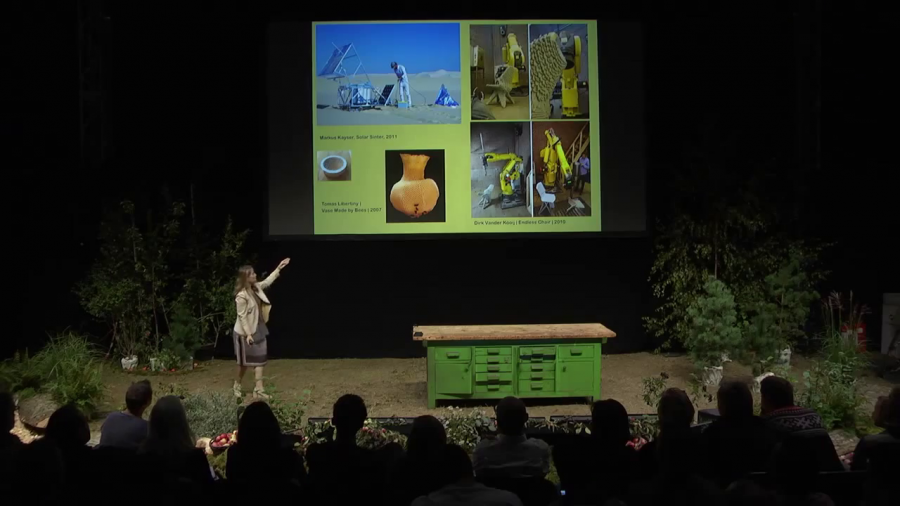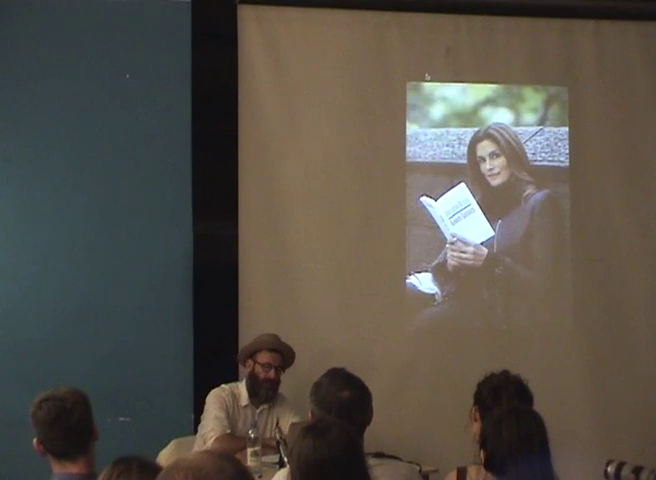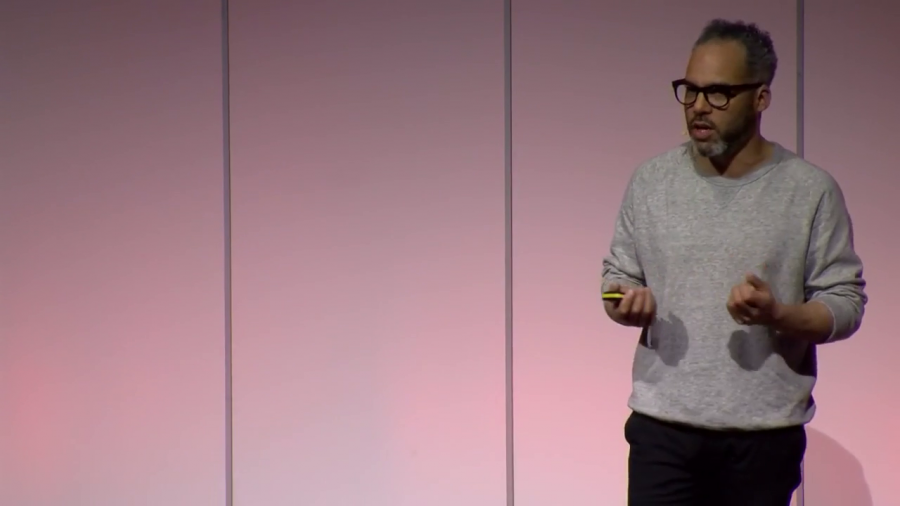I’m here today to talk to you about food and design. About what’s cooking in design, and what’s designing in food. But most of all I’m here to recommend to you never to let designers decide what you will eat.
Archive (Page 3 of 5)
I think if there are people who are able to take a step backwards, take that proverbial zoom out, and realize that everybody’s kind of doing the same thing in different ways, and be able to step from one perspective to the other and ask different kinds of questions based on where they are at any given moment time, then it just becomes a game. I think it becomes joyful and engaging. I mean, I’m not interested in finding the answer to anything. I don’t think there is the answer to anything.
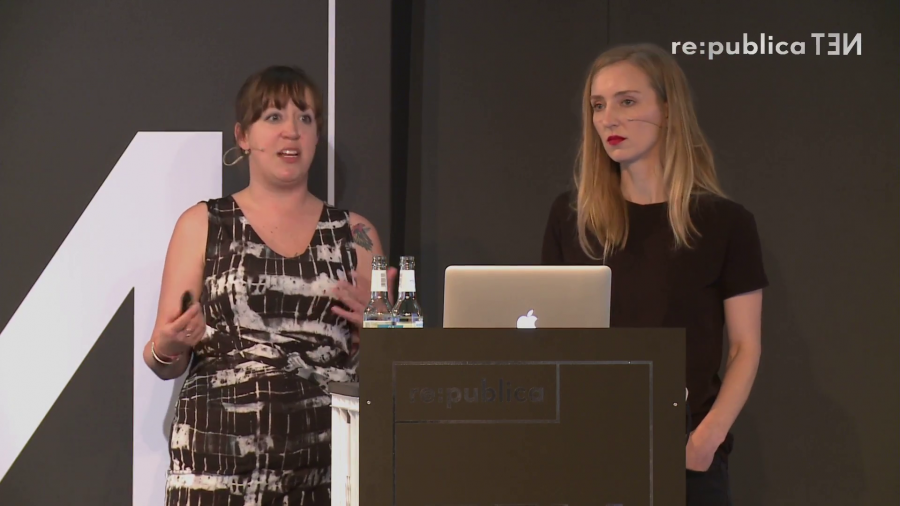
What we’re talking about today is how social media, and specifically Facebook because we’ve found that they have the strictest policies around this topic, how these social media companies censor art, and specifically nude art. We believe that nude art is an important part of our culture, an important part of our history, and an important part of our present.
Some of my artist friends think what I’m doing isn’t art, and I’ve given up on art. It’ll take care of itself. You know. I mean it’s always been there, it will always be there, and we always know that new art never looks like art at first, ever. So why should this be any different? We just have to trust the process. And I would say that must be true for every other discipline.
I’m interested in what happens when artists who are used to being artists decide that the best place for a work is within a space that seems to require an entirely different method of construction. And of course, there’s no harsh line between forms, and plenty of people exist both as highly-proficient working artists and exceptionally skilled programmers. Tons of them, right? But I’m not talking so much about the skill or even background. Instead of I’m interested in mentality.

I came into doing work in an antidisciplinary space more or less by accident. Back when I was applying to university, the schools would send out these books talking about the different programs they offered and what each program was like. And for some reason I never read any of those books. I just applied to engineering school because I thought, “Oh, you know I like to make things, and engineering school’s where you make things.”
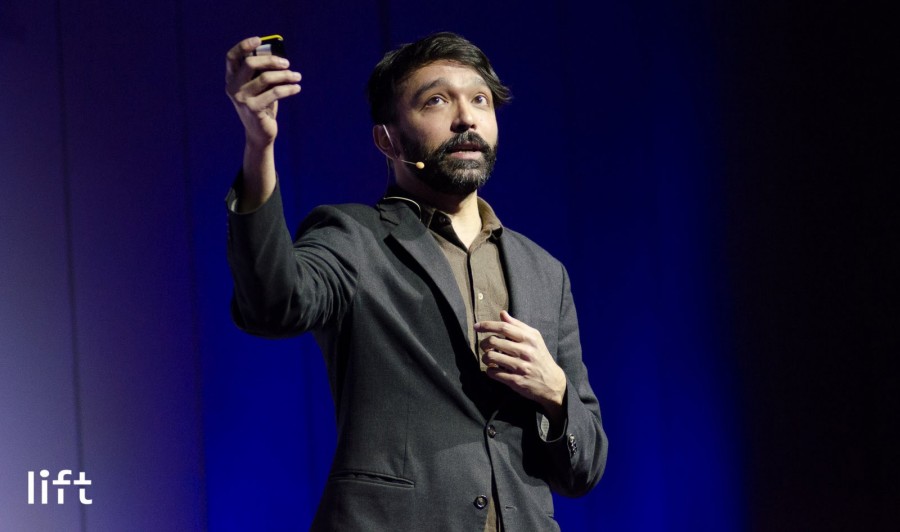
The scientific method was perfected in the crucible of natural science, and physics in particular. And an old professor of mine once told me that a good theoretical physicist is intrinsically a lazy person. And so these heuristics of ignoring superfluous detail, simplifying the problem to its barest essentials, maybe even making a caricature out of it, solving that simpler problem. If you can’t solve that simpler problem, solve an even simpler problem. This actually works in physics. Because the universe is intrinsically a lazy place.
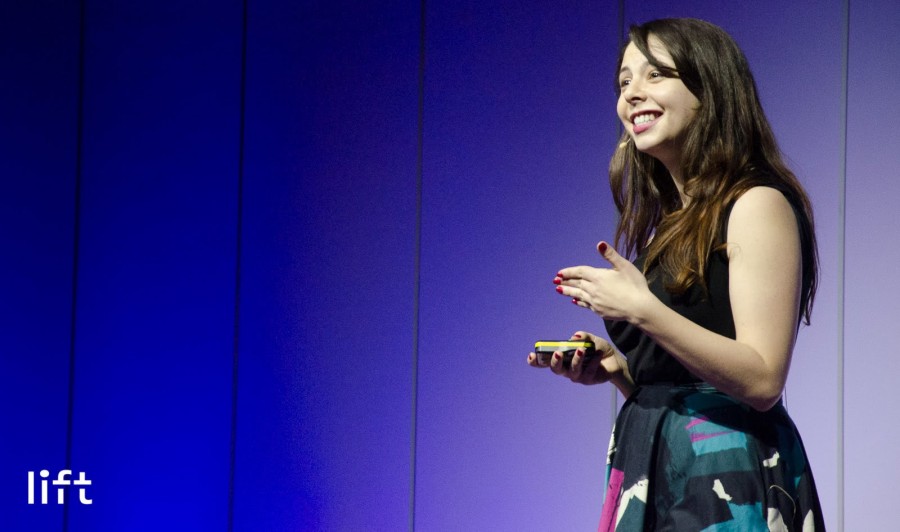
What does it mean to be antidisciplinary? To me, it means struggle. Sometimes, working in interdisciplinary fields, I felt like I’ve maybe tried really hard working and working and working on a project, and I wasn’t seeing any difference. Sometimes people would look at me and be like, “What are you even doing?” So, to me antidisciplinarity means not only not working in one specific field, but rather instead drawing from elsewhere to imagine something new.

